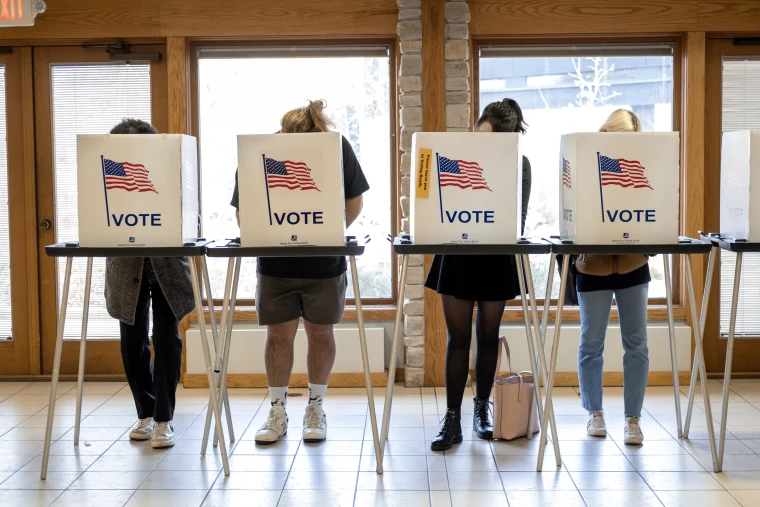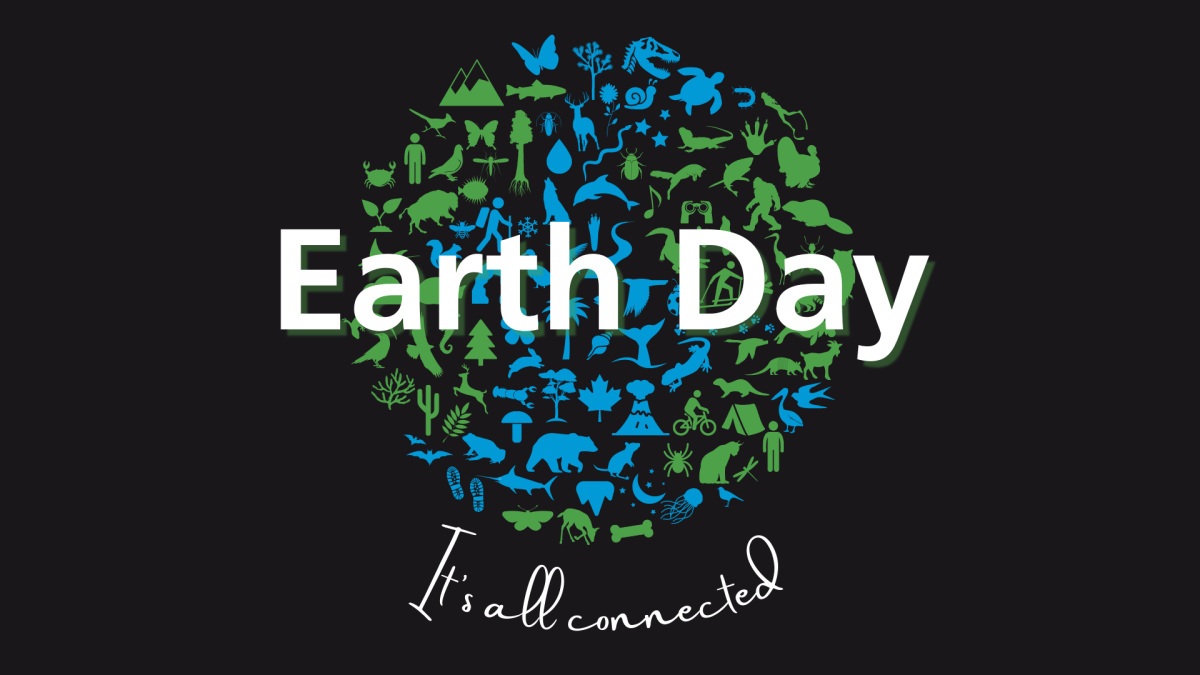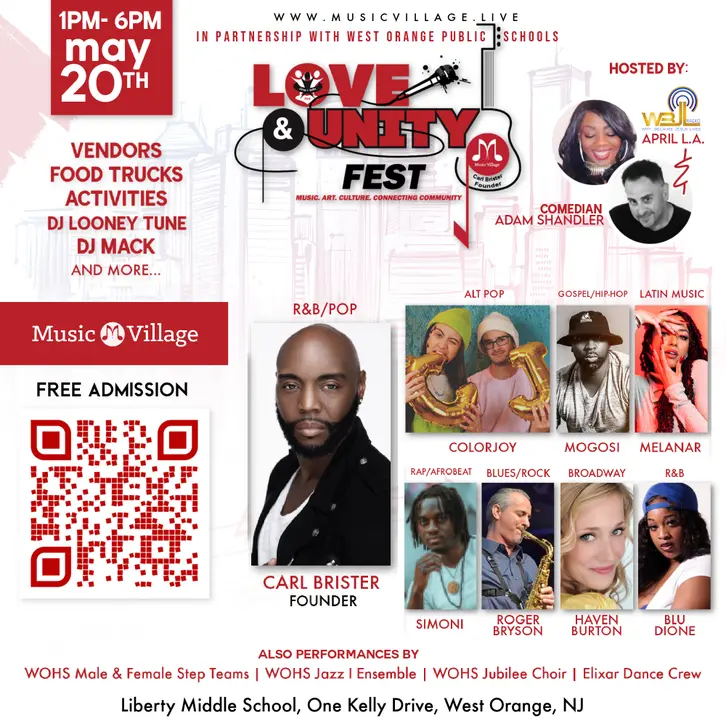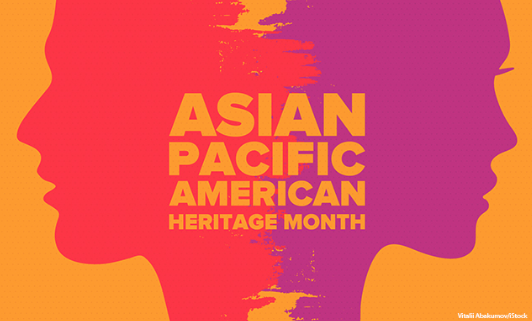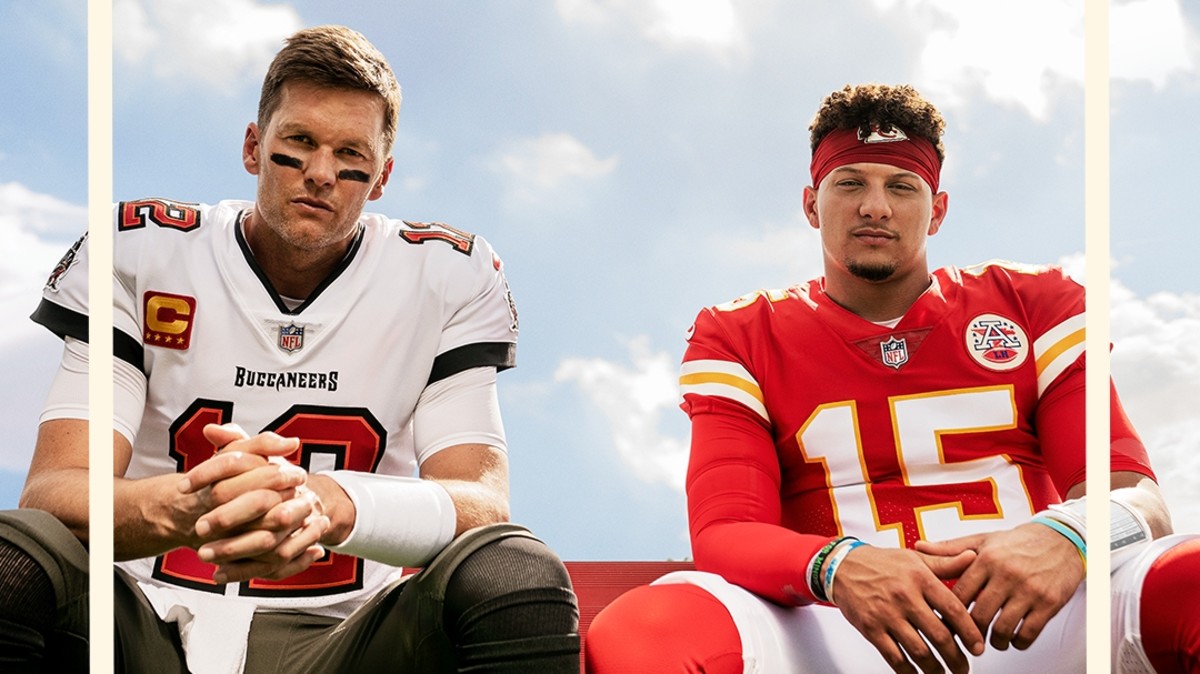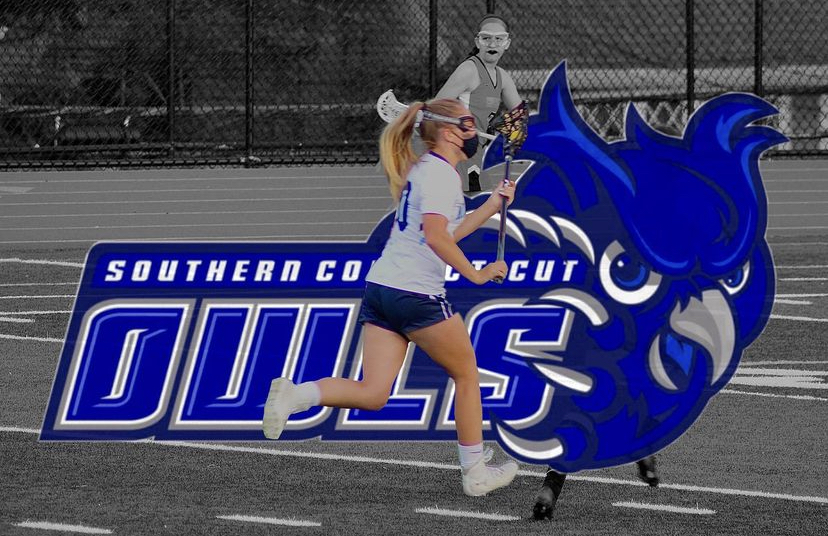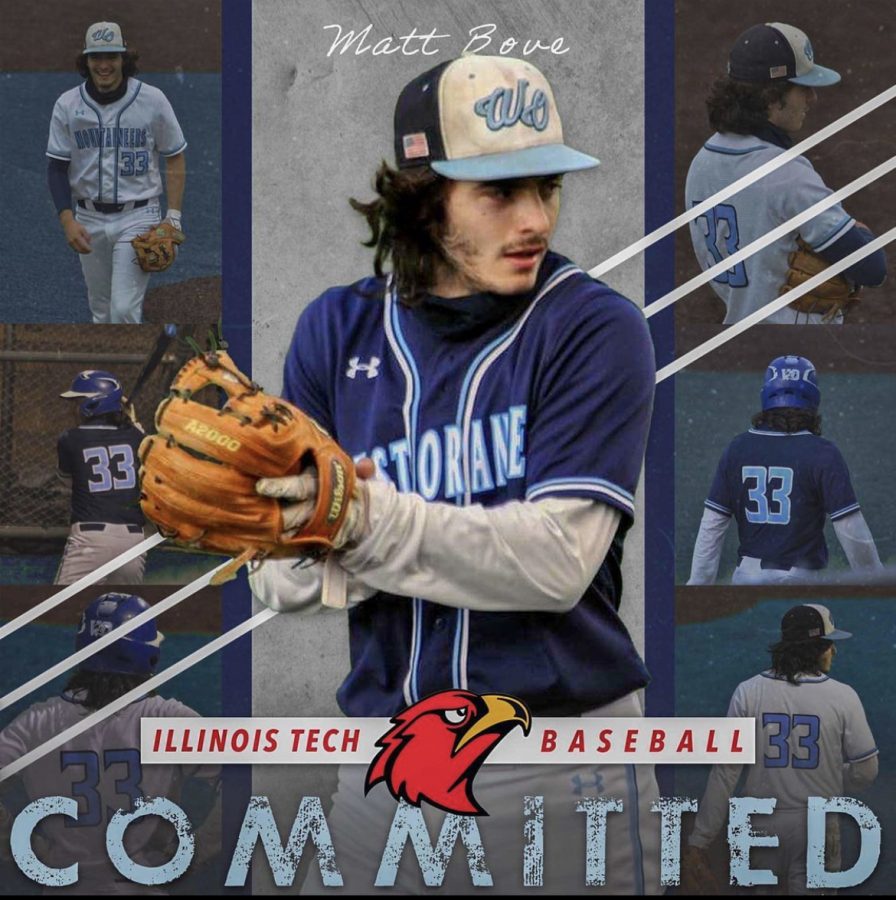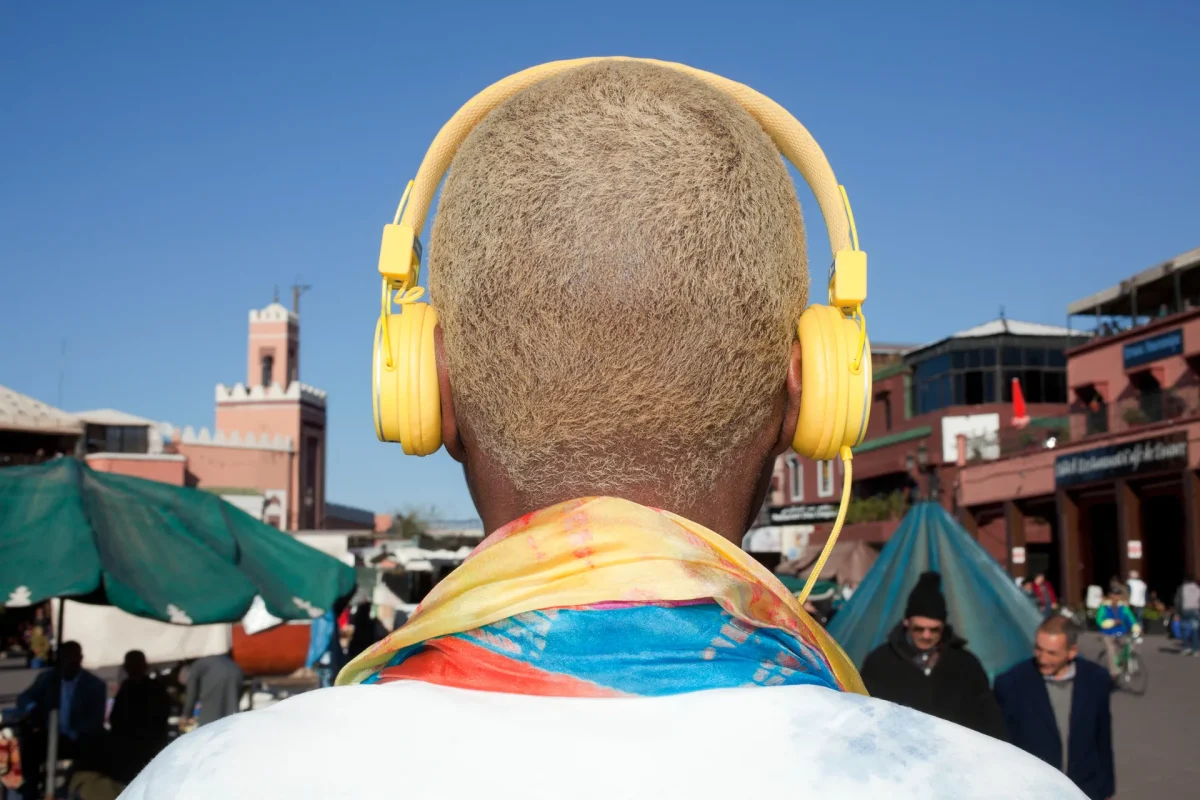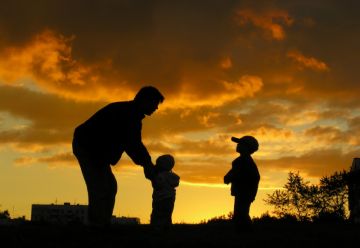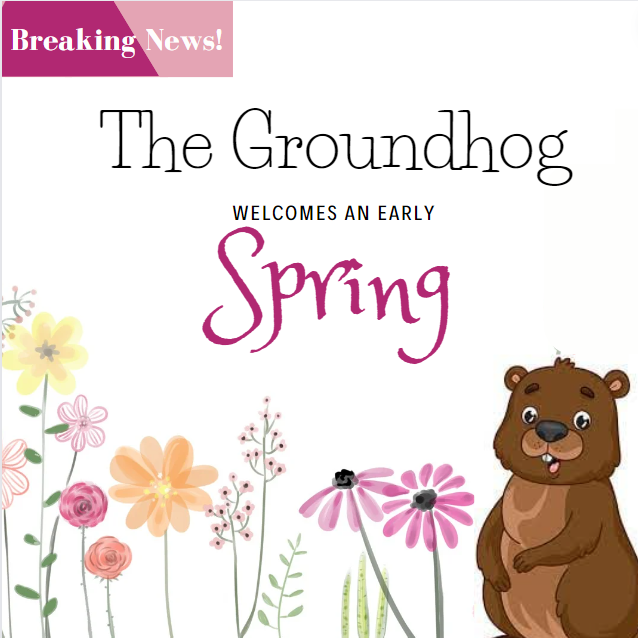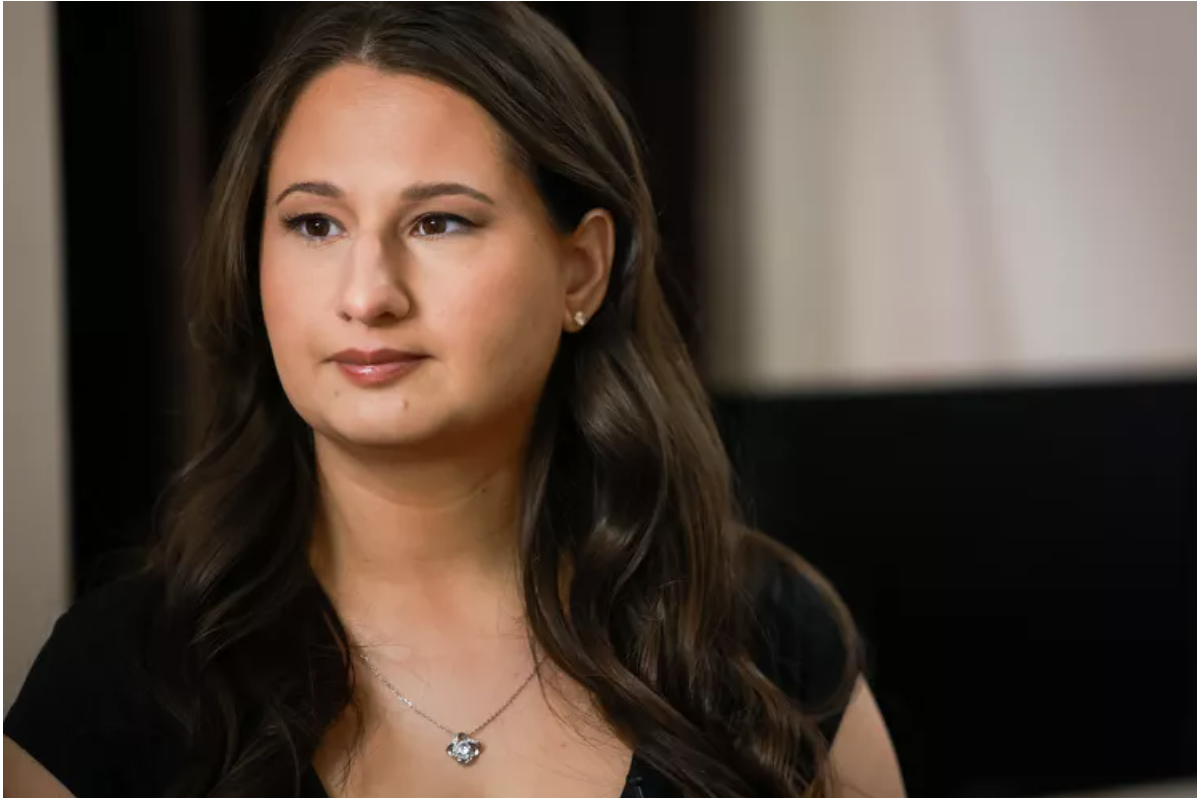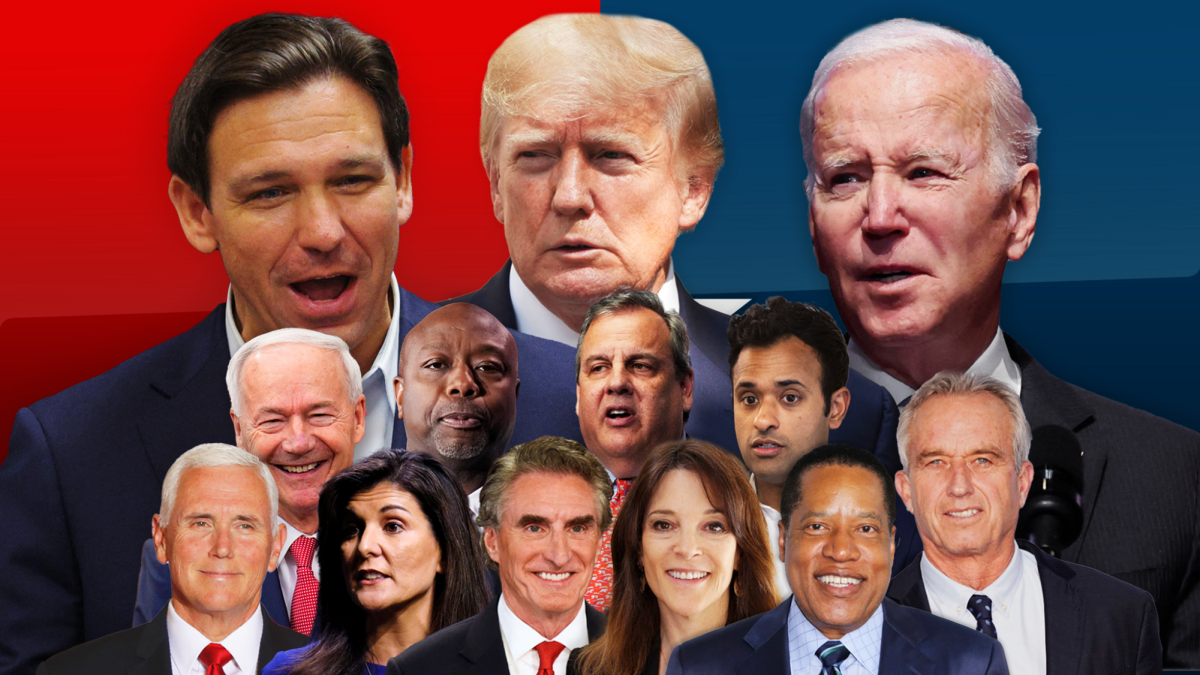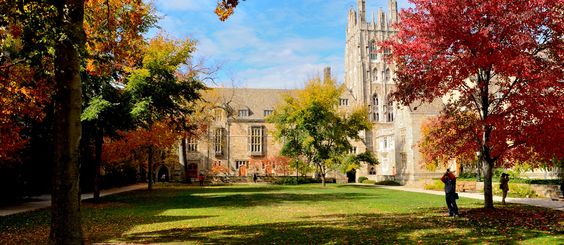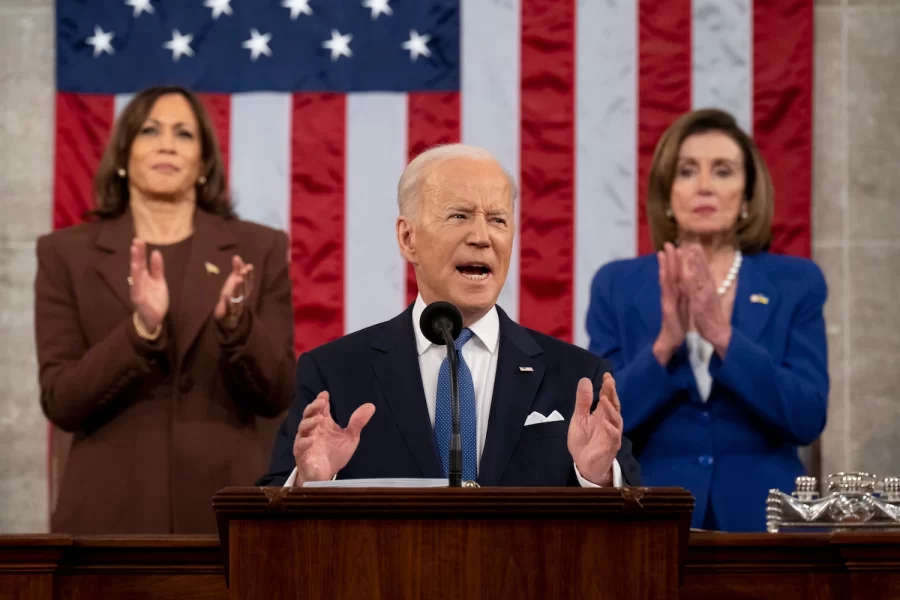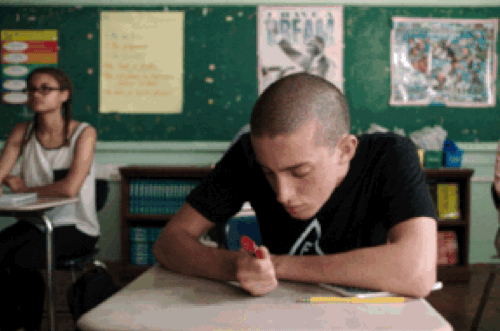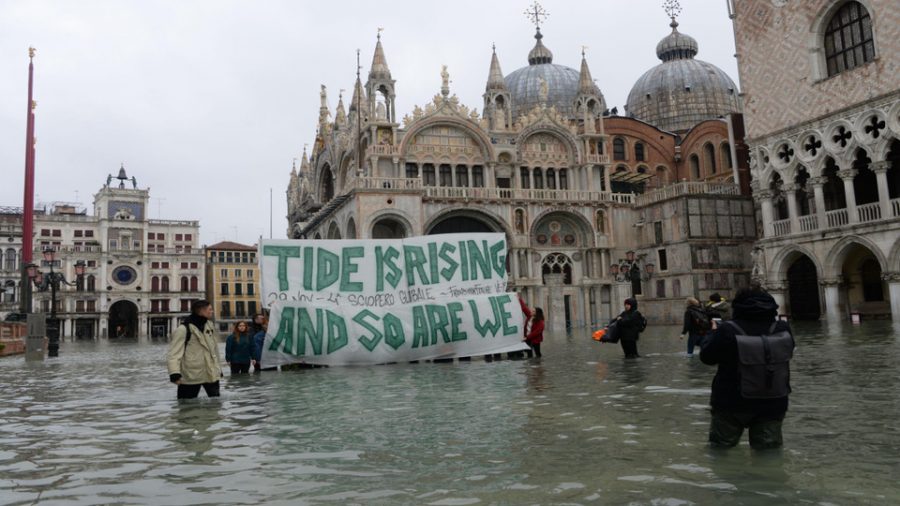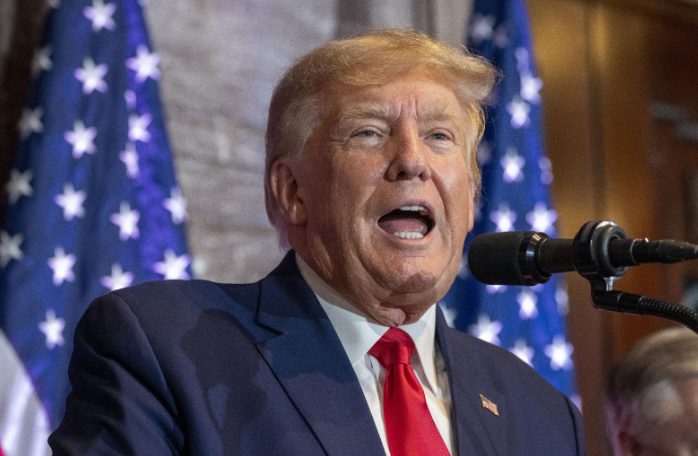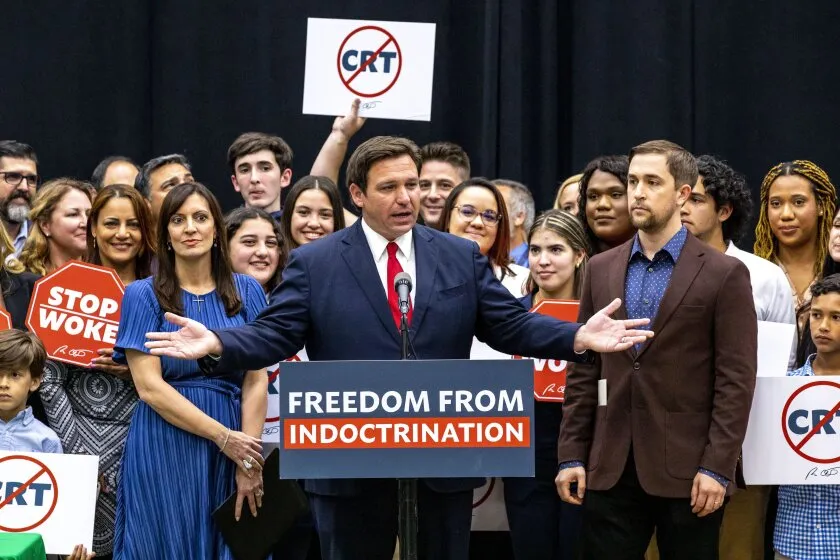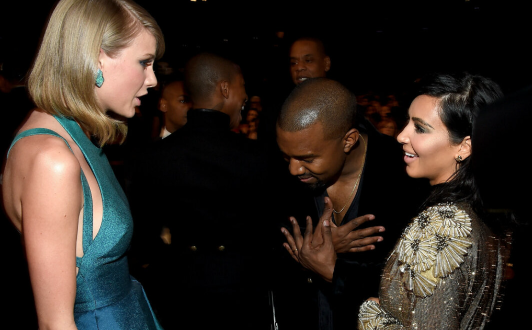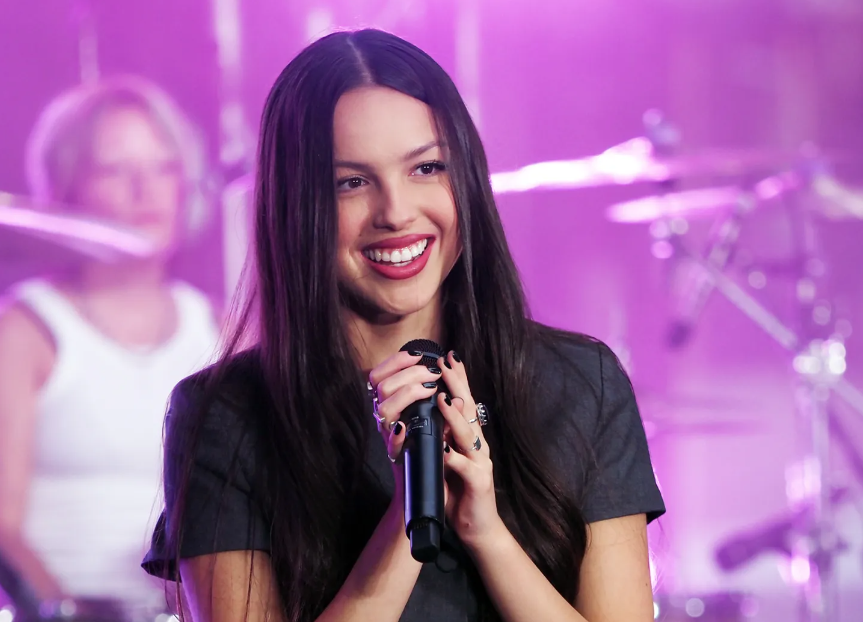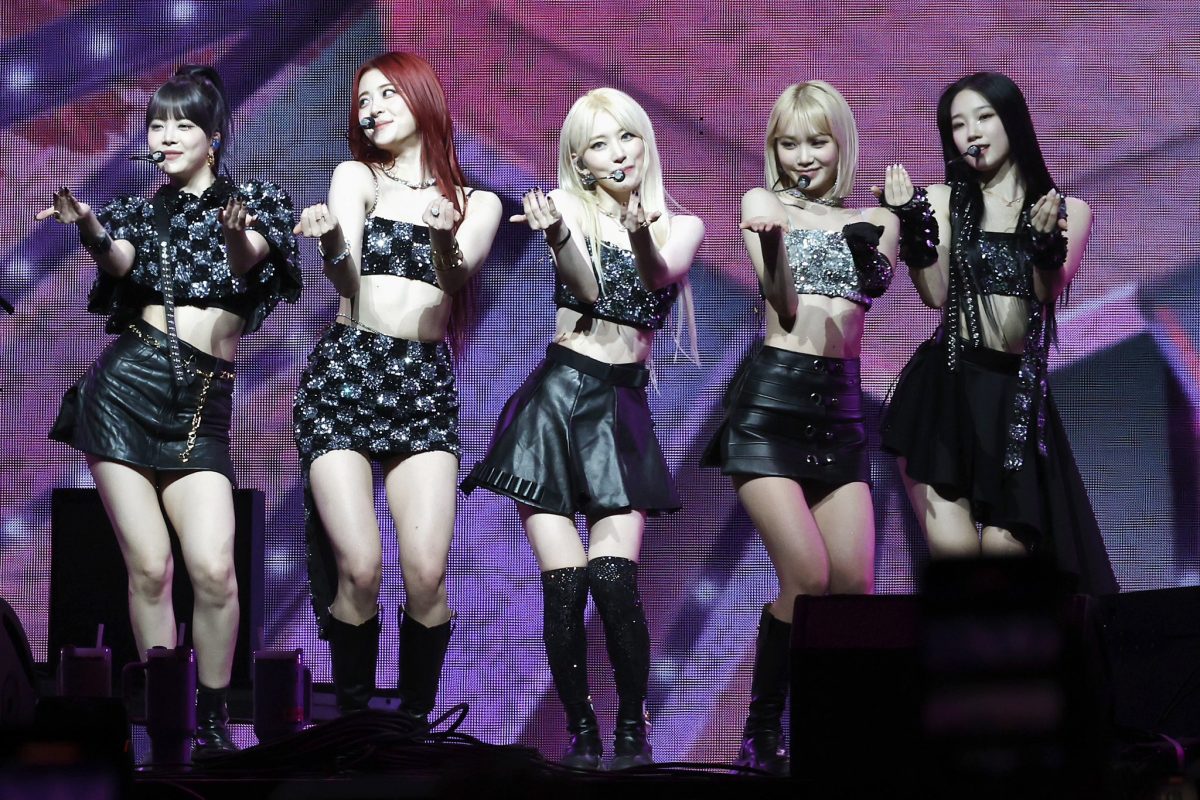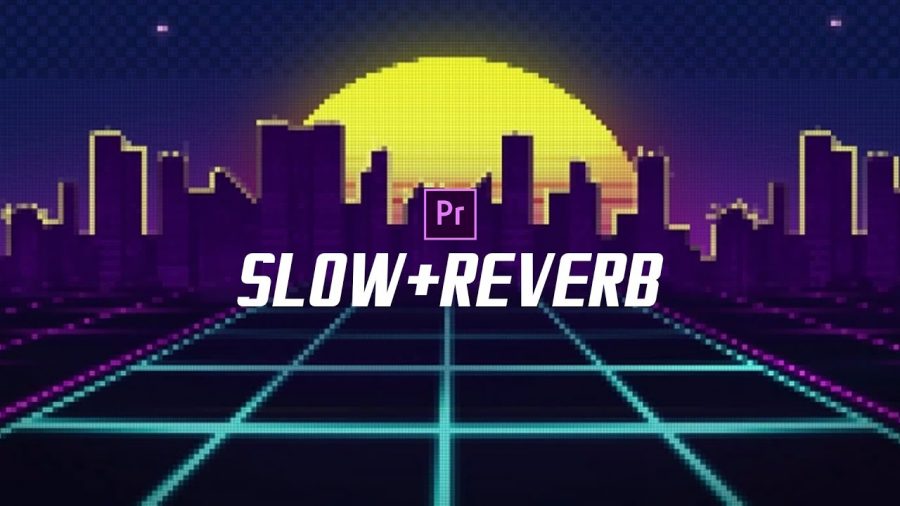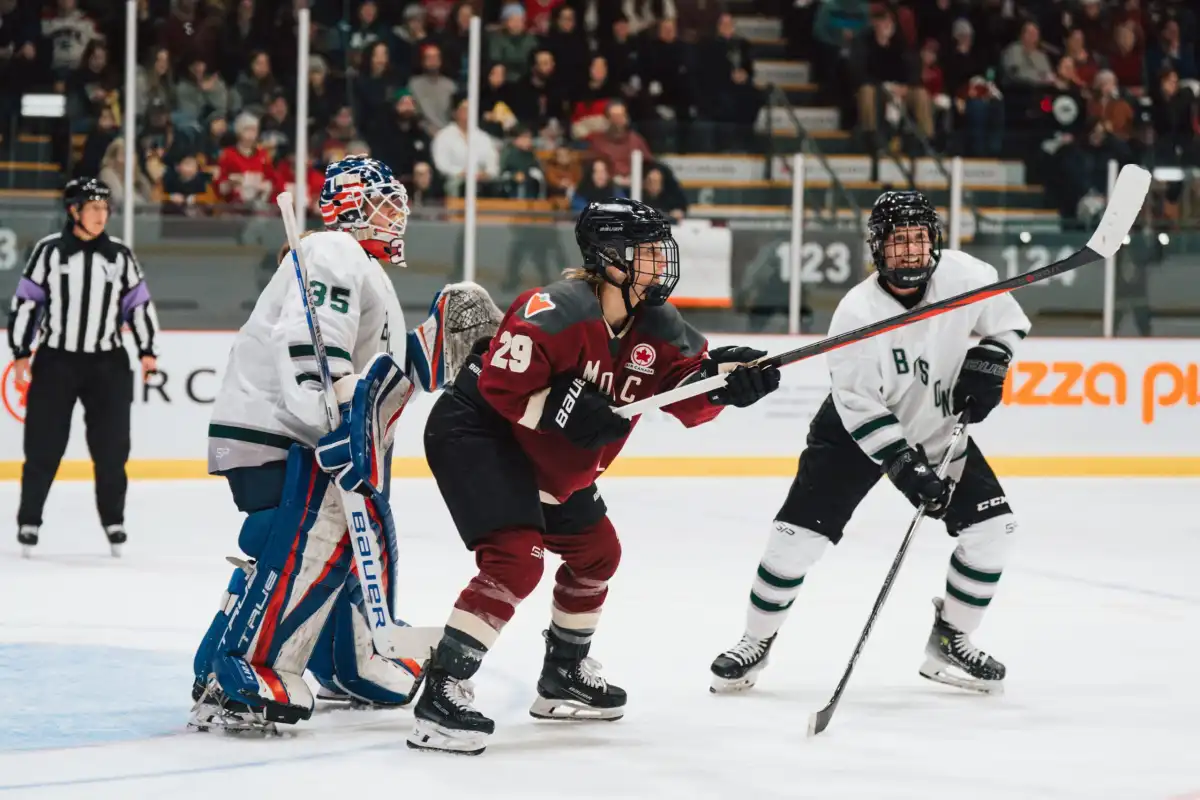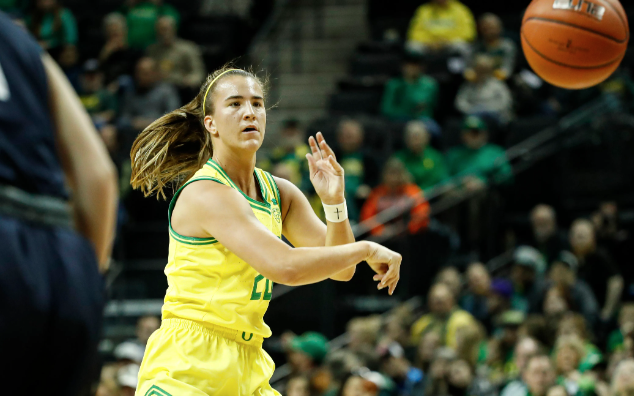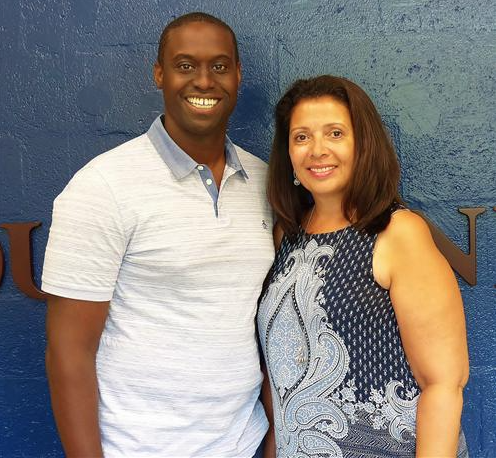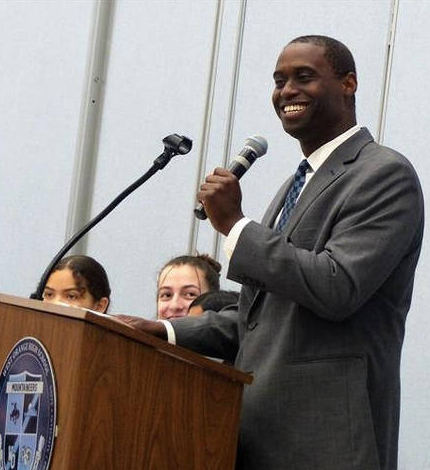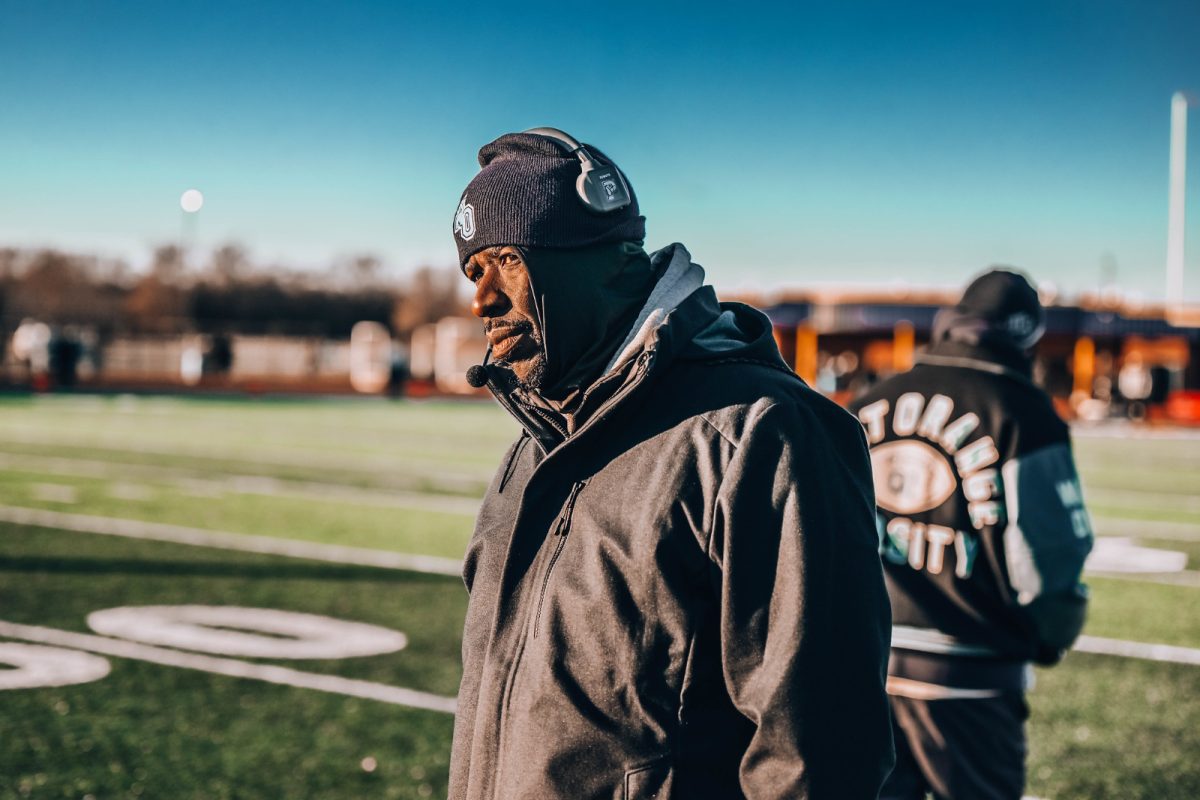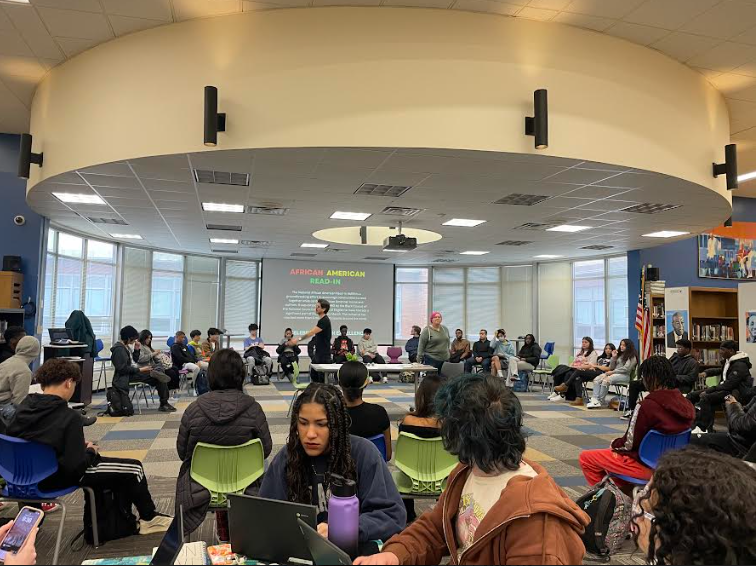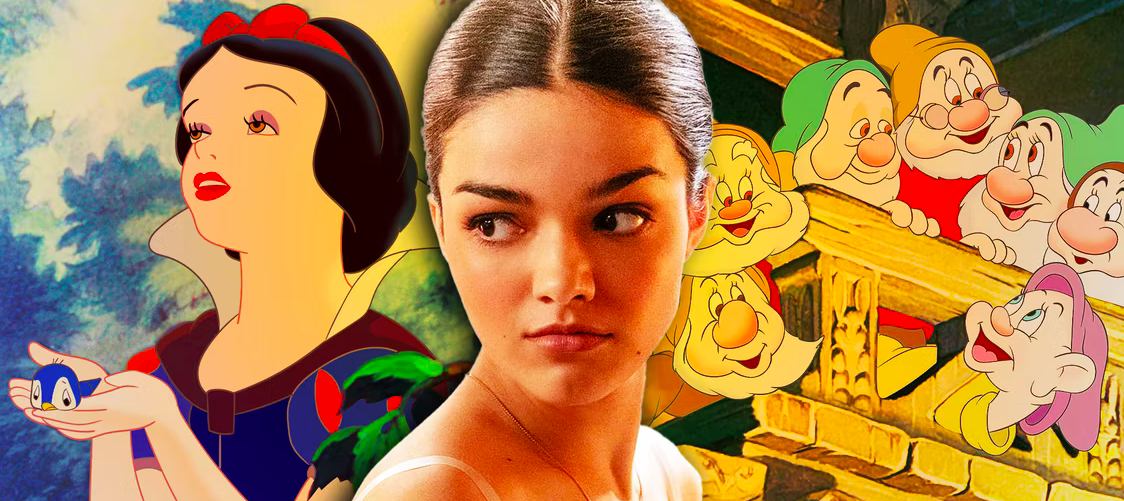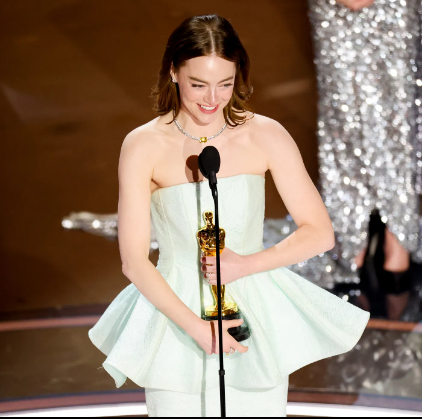In the enchanted world of Disney’s original princess, Snow White embodies kindness, with lips like crimson roses and skin as pure as freshly fallen snow. She dreams of a timeless happily-ever-after, adores elegant dresses and regal tiaras, has a melodic voice that enchants and finds fulfillment in helping, tidying, and baking mouthwatering pies. She holds a special fondness for wishing wells, enjoys the company of seven endearing dwarfs, and shares harmonious moments with woodland creatures, both flora and fauna. Her ultimate quest? True love.
However, the upcoming Disney live-action Snow White seems to be the exact opposite of this.
To put things in perspective, Disney ventured into the world of live-action adaptations starting in 2017 and achieved raving reviews with their live-action version of “Beauty and the Beast.” Not one to shy away from profitable opportunities, Disney swiftly delved into the realm of live-action adaptations for several other beloved princess-themed films in the following years, including “Aladdin,” “Mulan,” and “The Little Mermaid.”
These timeless classics hold a special place in the hearts of many, offering a return to cherished memories from childhood. Whether it’s kids looking up to these stories as a source of inspiration, teenagers who may secretly hold a soft spot for Disney’s magic, adults enjoying these films with their own children, or the average individual seeking a dose of nostalgia, Disney movies have an exceptional way of providing comfort and warmth. Given the enduring affection for these tales, the anticipation surrounding the release of live-action adaptations was palpable. This begs the question: Why, then, is there such a strong current of fury and frustration surrounding the live-action Snow White movie?
Racial Aspect
The root of the issue lies in the choice of Rachel Zeglar for the lead role in the live-action movie. When her casting as Snow White was initially revealed, it stirred controversy with some critics expressing racially biased concerns. They contended that Zegler, of Colombian and Polish heritage, shouldn’t play a part as a princess who is traditionally described as having skin “as white as snow.”
Zegler took to Twitter to respond to the backlash, expressing her perspective. She noted that Snow White holds immense significance in Spanish-speaking countries and conveyed her pride in portraying “a Latina princess.” In a now-deleted tweet, she unequivocally stated, “Yes, I am Snow White, and no, I am not bleaching my skin for the role.”
This topic stirs up a significant amount of debate, as it elicits diverse viewpoints. On one hand, there are those who wholeheartedly embrace the idea of diversity and representation in movies, finding it not only commendable but also enriching. They believe that such inclusivity not only reflects the real world but also offers audiences a chance to connect with characters from different backgrounds and experiences. On the other hand, there are those who have misgivings about her race.
A Twitter user weighed in on the matter, emphasizing, “Setting race aside, she bears little resemblance to Snow White. The only shared trait is her hair color. While I love to appreciate diversity in films, I think that it is important for the actor to be a flawless match for the role, like Emma Watson in “Beauty and the Beast” or Naomi Scot as Jasmine in “Aladdin.” Rachel Zegler is absolutely not a perfect fit.”
The Seven “Dwarfs”
Having the iconic seven dwarfs in the remake was very controversial. Note that the upcoming remake is titled Snow White, not Snow White and the Seven Dwarfs.
During an appearance on Marc Maron’s WTF podcast, Peter Dinklage, renowned for his role in Game of Thrones and an advocate for the dwarfism community, expressed his skepticism regarding Disney’s remake. He remarked, “Literally no offense to anyone, but I was a little taken aback [when] they were very proud to cast a Latina actress as Snow White, but you’re still telling the story of ‘Snow White and the Seven Dwarfs.'” Dinklage emphasized
In reaction to Dinklage’s remarks, Disney conveyed that “to avoid reinforcing stereotypes from the original animated film, we are taking a different approach with these seven characters and have been consulting with members of the dwarfism community.” The seven “dwarfs” are now referred to as “magical creatures.”
In response to Disney’s statement, social media platforms, especially Twitter, erupted with a flurry of reactions.
One Twitter user questioned, “Where’s the dwarf equity?”
Meanwhile, a TikTok creator named Peet Montzingo commented, “I find it really ironic that Disney tries to be really inclusive but just totally excludes the entire dwarfism community. Except for only one.”
Many argue that this movie presented an ideal opportunity to showcase representation of the dwarfism community, given the lack of such representation in other television shows and films.
Rachel Zegler and Others Talking About Their Characters
“I think that I just feel really lucky. For me, Belle was my childhood heroine; [the animated original] came out two days after I was born,” Emma Watson, who portrays Belle in the live-action movie, expresses.
Halle Bailey (Ariel) also shares a positive perspective on her character, stating, “Ariel has meant the world to me since I was 5 years old, so getting to reimagine her with the color of my skin is so beautiful, and I’m just grateful to be in this position.”
Emma Watson, Halle Bailey, Naomi Scott, and Liu Yifei approached their roles in the Disney princess live-action movies with kindness and wholesome enthusiasm.
Rachel, however, has taken a different approach in talking about her character.
“I was scared of the original cartoon as a kid,” Rachel says. “I think I watched it once and I never picked it up again. I am being so serious.”
Some people have taken this as a sign that she doesn’t fully appreciate the source material. They argue that it’s important for an actor to really understand and connect with the character they’re playing, especially when it’s a beloved role in Disney’s live-action adaptations.
This has sparked a debate about whether actors should be die-hard fans of the original material or if they can and should have their own unique perspectives of their roles.
Disney should Recognize that Femininity is not a Weakness
Disney should recognize that being feminine is not a weakness and that empowerment can take various forms. Rachel Zegler’s statements have ignited a debate about the portrayal of female characters in modern cinema
“I just mean that it’s no longer 1937,” Zegler said in the interview. “We absolutely wrote a ‘Snow White’ that — she’s not going to be saved by the prince, and she’s not going to be dreaming about true love. She’s dreaming about becoming the leader she knows she can be and the leader that her late father told her that she could be if she was fearless, fair, brave and true.”
She joked that all the scenes featuring Prince Charming “could get cut.”
“Who knows?” she added. “It’s Hollywood, baby.”
So, the statement made by Zeglar appears quite accurate. After all, it’s a well-established fact that one doesn’t necessarily have to fall in love to achieve success. So, why do people find this statement offensive?
Many individuals on social media are arguing that falling in love should not be seen as a weakness, and they are growing tired of others assuming that it is.
During the past summer, a blockbuster film, “Barbie” (which critics predict will likely earn an Oscar nomination), graced the theaters. This movie served as a compelling representation of what it means to be a woman in contemporary society.
Megan, known as the “Magical Millennial” on TikTok, drew a comparison between the “Barbie” movie and the new Snow White film. She emphasized that “Barbie” conveyed the message that it’s perfectly acceptable not to be extraordinary and not to aspire to be an incredible leader who repeatedly saves the day. It’s entirely okay to desire an ordinary and normal life. Megan went on to express her frustration with Disney’s attempt to move away from softer, feminine characteristics, noting that some girls or boys may prefer these characteristics and not aspire to be strong ‘girl’ bosses all the time.
This shift is especially striking considering that Disney is transforming its most “feminine” character into the complete opposite.
“One Twitter user stated, “Changing a classic is just wrong. People watch classics for something they can rely on, and now it’s no longer the case.”
Another TikTok user, Taylor Olsen, added, “You’re not any less of a strong woman because you dream of getting married. And I feel like we push so far into feminism that it’s almost like women are only strong if they act stereotypically like dudes. So, it’s like [Disney] wants to make her powerful so they took away her feminine characteristics. I just don’t like that.”
In a world where Disney princesses have profoundly shaped our understanding of femininity, the ongoing transformation of these beloved characters sparks an essential conversation. This dialogue revolves around whether Disney’s reimagining of Snow White should harmonize with evolving societal expectations of strong, diverse women or respect those who cherish traditional expressions of femininity and seek to preserve the classics. Striking this delicate balance poses a significant challenge, and how Disney approaches its iconic characters in modern adaptations will continue to be a subject of discussion and debate among audiences and critics.
As we contemplate the evolving narrative of Disney’s Snow White, it becomes evident that the audience’s expectations and desires are diverse and evolving. While some applaud the efforts to create more diverse and empowered portrayals, others long for the preservation of the timeless, classic characters they grew up with. Disney faces the complex task of navigating this intricate landscape to ensure that the enchantment of its storytelling remains as captivating as ever. Ultimately, it is the collective voice of the audience that will shape the path Disney takes with its beloved princesses.
So, I leave you with this question: Does Disney’s contemporary take on Snow White align with evolving expectations, or does it risk undermining the essence of Disney’s rich history? What’s your perspective on this evolving narrative?


